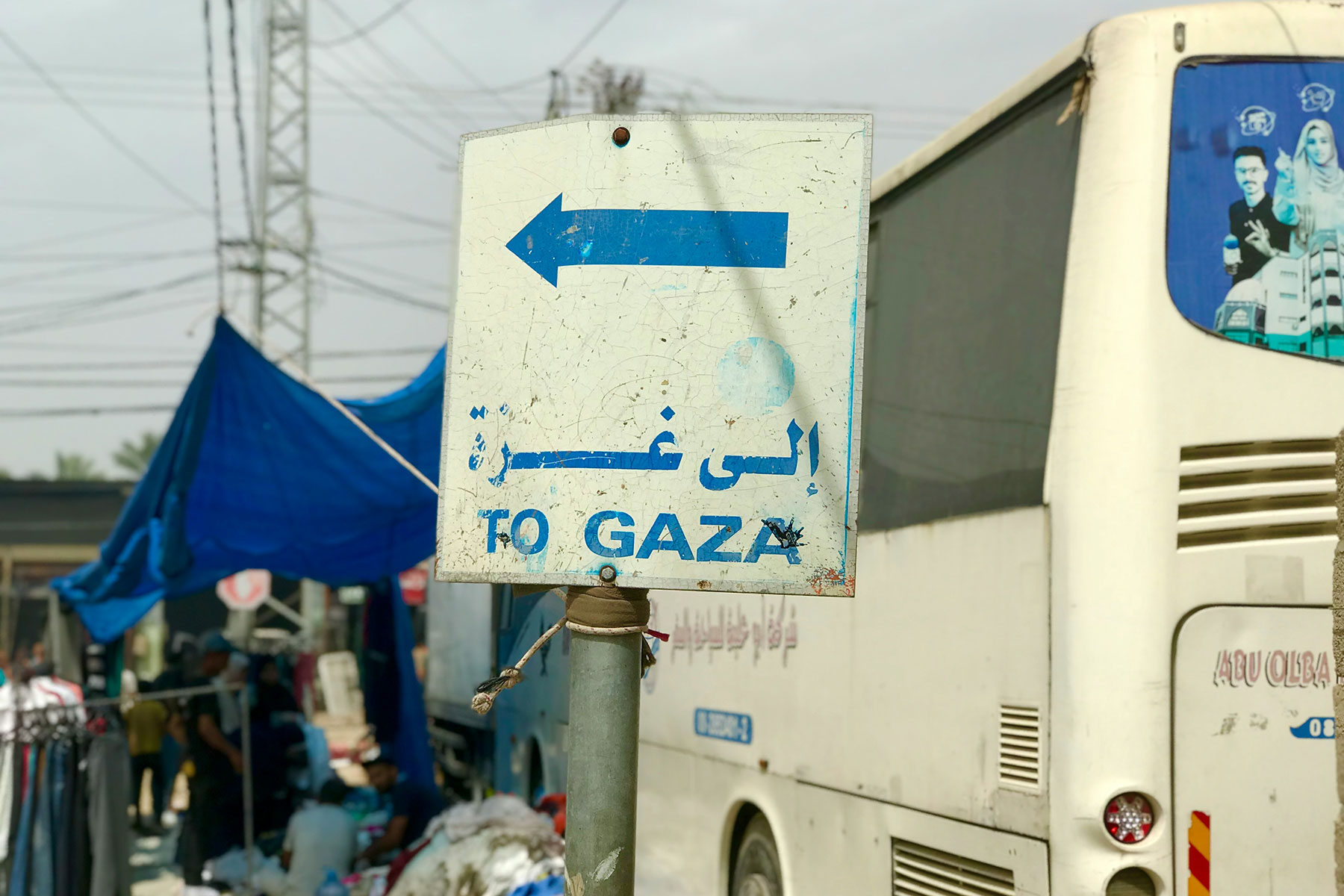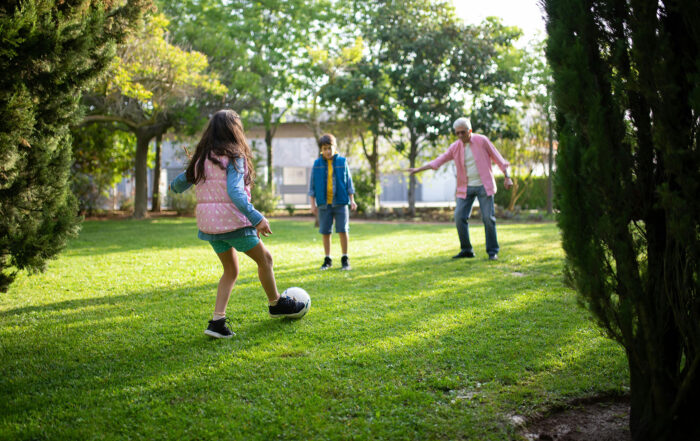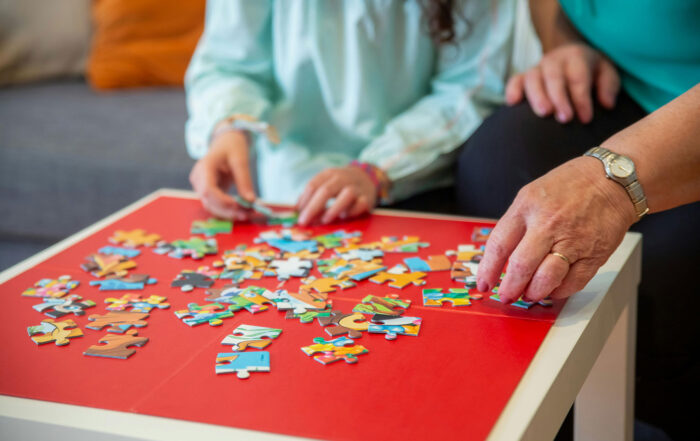
By Rhitu Chatterjee, NPR
Researchers say the cumulative trauma of chronic ethnic-political violence has a profound and lasting impact on children’s mental health and development, affecting their functioning and outlook on the world as young adults. This is especially a concern for children in Gaza, who were already struggling with significant mental health issues well before this conflict. For years, numerous studies have documented unusually high rates of mental and behavioral health issues among Gaza’s youth, who make up nearly half of the population in the territory. Most of them have never known a life without the threat of violence and conflict.
Share This Post!
Breaking the Cycle of Child Abuse
By Elizabeth Hartney, PhD Child abuse is known to repeat itself from generation to generation. Although not universal, the children of people with addictions are at higher risk of all types of abuse, [...]
Four Ways Teachers Can Show They Care
By VICKI ZAKRZEWSKI If I asked you to tell me what you remembered most about your favorite teacher growing up, I bet you wouldn’t say much about the subject matter. Instead, I’d expect [...]
CDC: Childhood Trauma Tied to Poor Health
By Gaby Galvin PEOPLE WHO EXPERIENCED trauma as children are more likely to suffer severe health consequences later in life, a new federal analysis shows. Adverse childhood experiences, or ACEs, refer to potentially [...]
School exclusions are on the up – but training teachers in trauma could help
By The Conversation After years of decline, school exclusions are on the rise again, according to official figures for the Department for Education. The Timpson review, carried out by former children’s minister [...]
How Trauma Affects Kids in School
By Caroline Miller We tend to think of trauma as the result of a frightening and upsetting event. But many children experience trauma through ongoing exposure, throughout their early development, to [...]
10 Things About Childhood Trauma Every Teacher Needs to Know
By Starr Commonwealth With grief, sadness is obvious. With trauma, the symptoms can go largely unrecognized because it shows up looking like other problems: frustration; acting out; difficulty concentrating, following directions, or [...]







